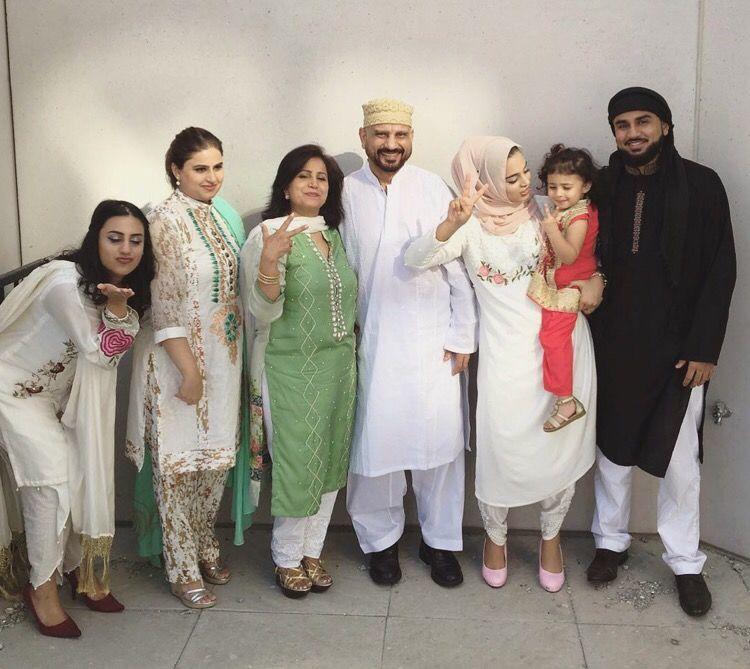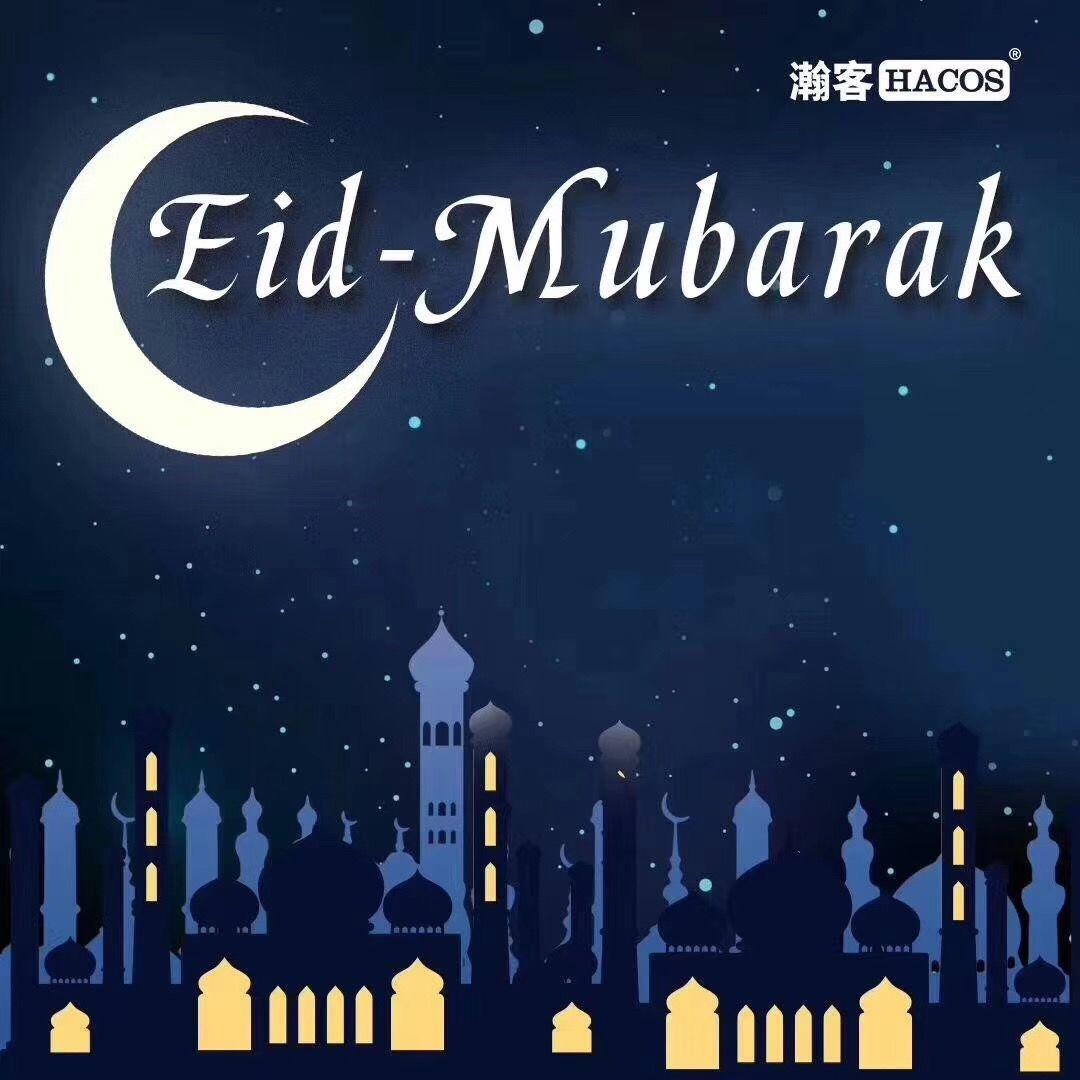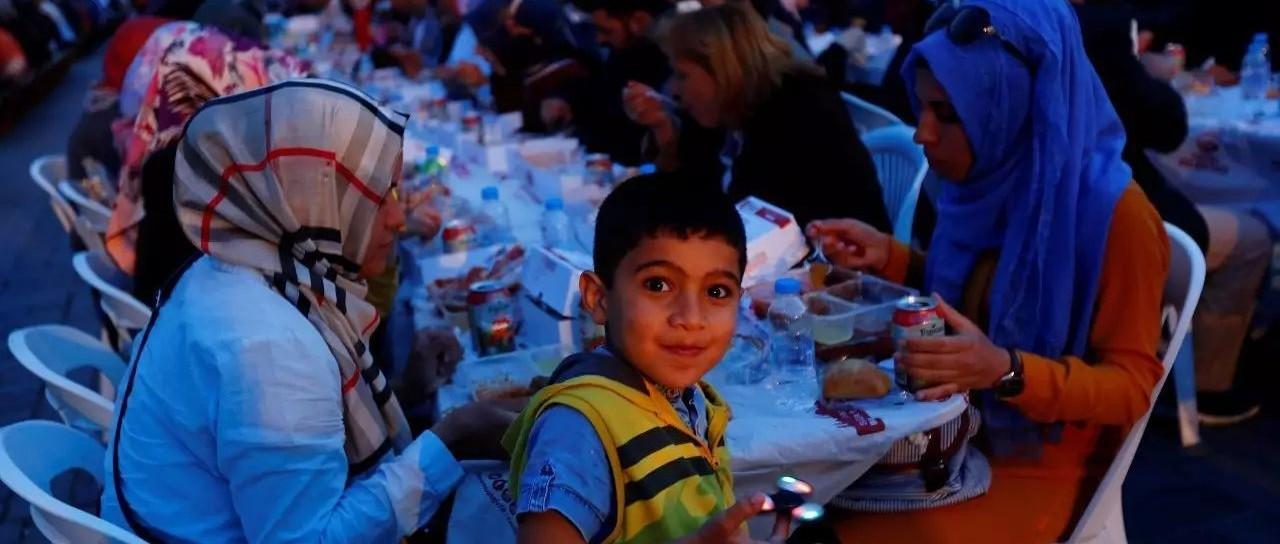Ramadan ends with the festival of Eid al-Fitr, which occurs on June 4, 2019.
Eid Mubarak in different languages
▽
Ramadan
Ramadan is the most sacred month of the year for Muslims. It is believed that it is during this month that Allah revealed the first verses of the Qur’an to the Prophet Mohammed.
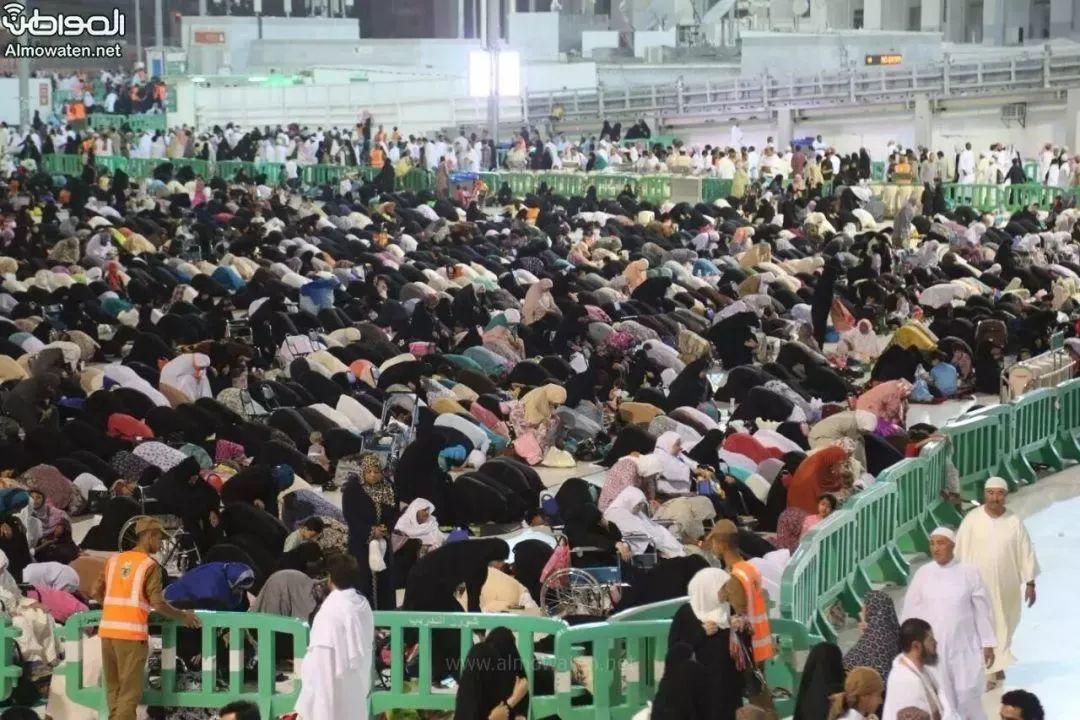
© Image | Almowaten
During Ramadan, all Muslims over the age of about 12, with some exceptions, are expected to fast between dawn and sunset.
Fasting is one of the five pillars of Islam, along with the shahada (Declaration of Faith), daily prayer, Zakat (charity), and pilgrimage for Muslims who are financially and physically able.
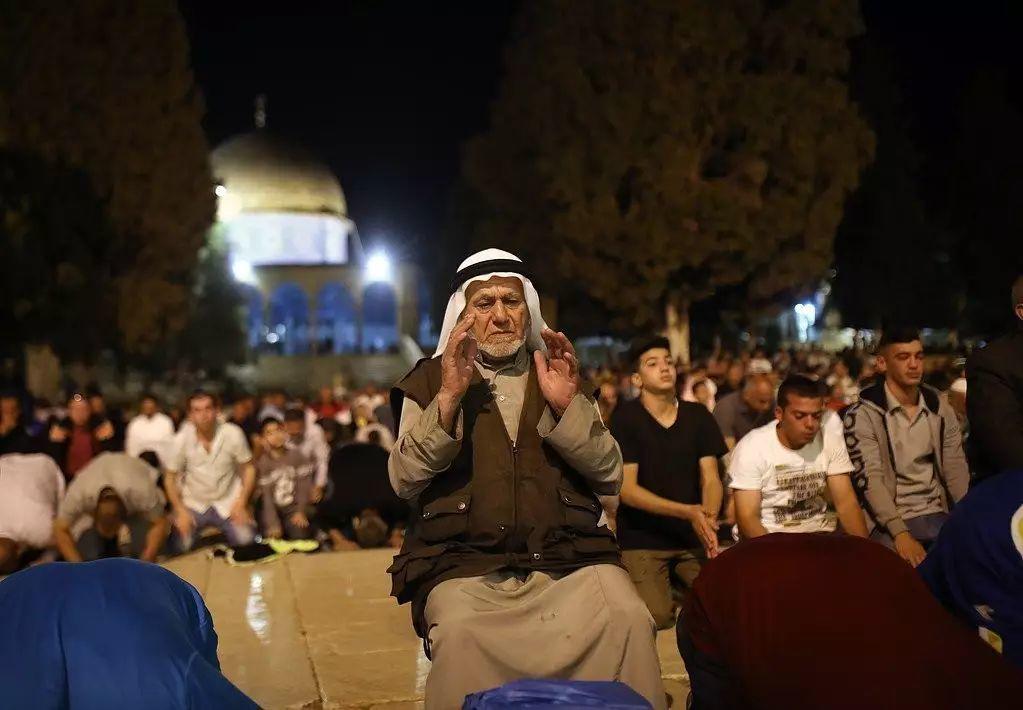
© Image | Google
During Ramadan, the day starts early so that people can eat a pre-fast meal before dawn. This meal, called Suhoor, is important as it will keep them going through the day.
The benefits of fasting
▽
Muslims fast during Ramadan to bring them closer to God and to remind them of the suffering of people who are less fortunate than themselves.
What Does Eid-ul-Fitr Mean?
Eid ul-Fitr marks the end of the month of fasting. There are many Eid traditions, mainly centered around family, food, generosity, and festivities.
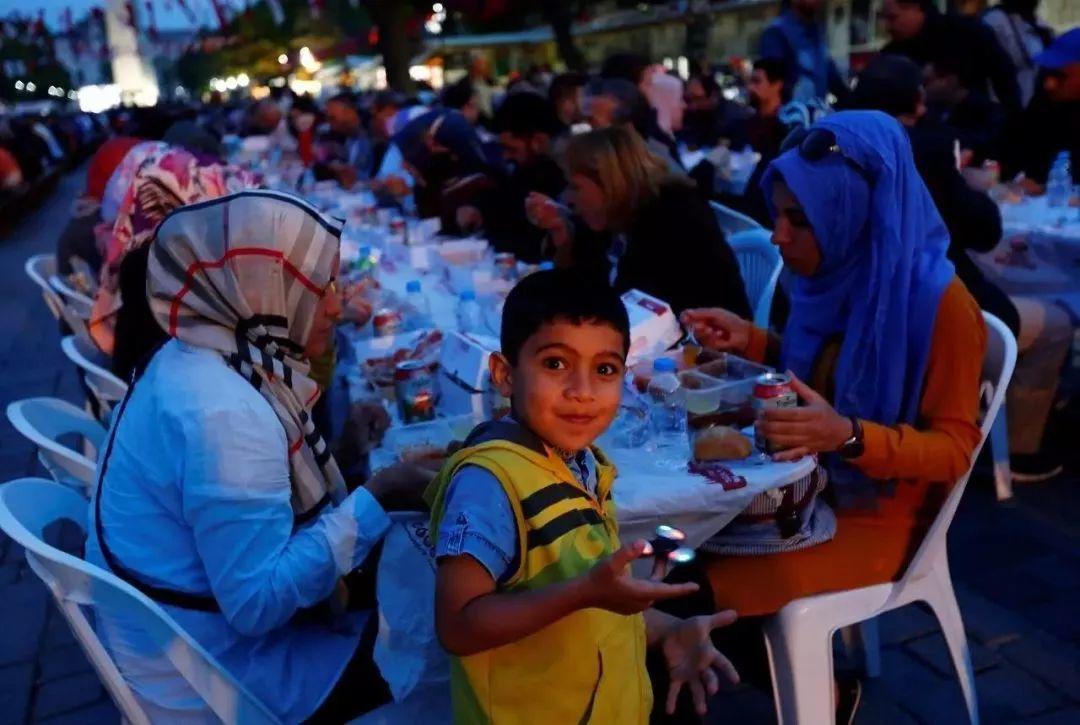
© Image | Google
Eid-ul-Fitr translates from Arabic as, ‘the festival of the breaking of the fast’, and is a celebration which traditionally takes place over a three-day period.
The festival of Eid holds great importance in Islam and is a time for loved ones and communities to come together.
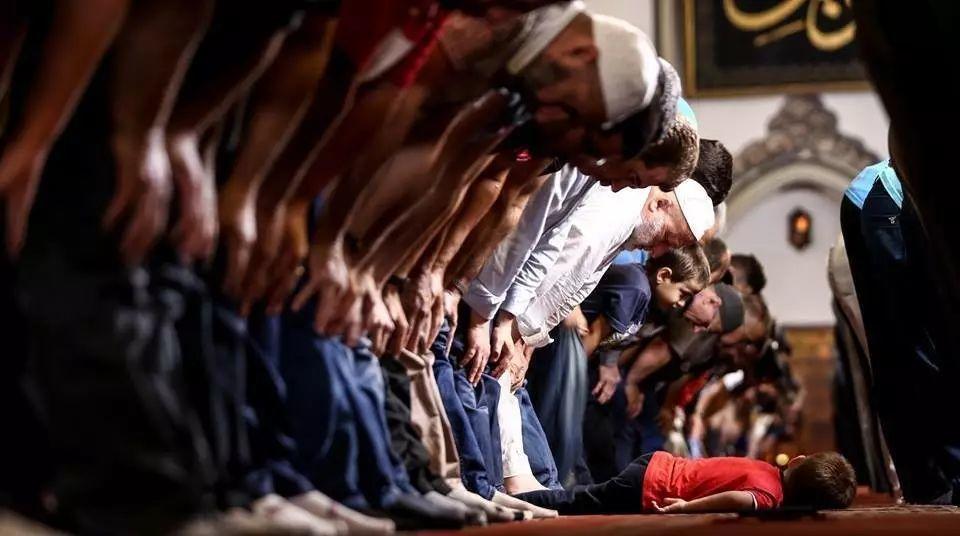
© Image | Google
We celebrate Eid to mark the conclusion of the blessed month of Ramadan, which commemorates the moment when the Holy Quran was first revealed to Prophet Mohammed (PBUH). After the month of sacrifice and reflection, Eid is a time to rejoice with family and friends and exchange gifts with loved ones.
The month of Ramadan is that in which was revealed the Qur’an, a guidance for the people and clear proofs of guidance and criterion.
So, whoever sights the new moon of the month, let him fast it; and whoever is ill or on a journey – then an equal number of other days.
Allah intends for you ease and does not intend for you hardship and wants for you to complete the period and to glorify Allah for that to which He has guided you, and perhaps you will be grateful. Quran 2:185
Ways to Celebrate Eid The first day of Eid follows an important routine that must be carried out throughout the day to properly show your devotion to Allah. The day begins by greeting your family and performing the Fajr salah (dawn prayer) followed by the ritual of ‘ghusl’, meaning to purify the whole body through an act of cleansing. © Image | Google Following the ablution (the act of washing oneself in the intent of purification) you, together with your family, will prepare your clothing for the day. Traditionally, new ornate clothing is purchased for the occasion, although some people choose to wear their finest outfits. Families will then go to the local Masjid and worship in the congregation before greeting one another with “Eid Mubarak“, which translates to ‘have a blessed Eid‘. Before the beginning of Eid prayers, Zakat al-Fitr must be paid. This is the donation that goes to the poor and needy, allowing those who would normally go without to join in the celebrations of this Holy day. It’s also traditional to exchange gifts, particularly between young children and close family members. This holiday is also known as “The Lesser Eid” or “Sweet Eid” due to the increased number of sweet snacks available and because this day holds less importance in the Islamic calendar than Eid-ul-Adha.
Worship God and join none with Him in worship, and do good to parents, kinsfolk, orphans, the poor, the neighbor who is near to kin, the neighbor who is a stranger, the companion by your side, the wayfarer (you meet) … Verily, God does not like such as are proud and boastful. Quran 4:36
Therefore, Eid Mubarak everyone! HACOS wish this Eid bring you joy & peace. عيد سعيد و مبارك 